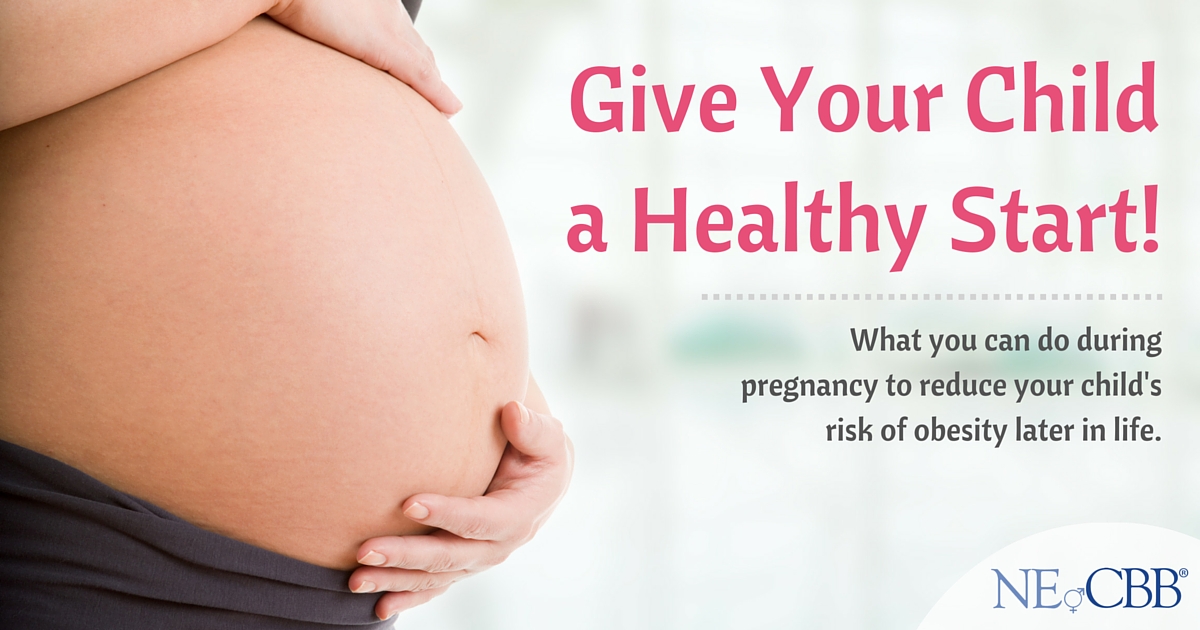What Can You Do During Pregnancy to Protect Your Child’s Health Later in Life?
 Congratulations on your pregnancy! Whether you’ve been trying to conceive for a long time or were surprised by the news, pregnancy can be an emotional roller coaster ride. You may be feeling a sense of wonder, hope, and joy for the future. At the same time, there is typically some anxiety about how your life will change, and how you will manage the responsibility that comes with raising another human being.
Congratulations on your pregnancy! Whether you’ve been trying to conceive for a long time or were surprised by the news, pregnancy can be an emotional roller coaster ride. You may be feeling a sense of wonder, hope, and joy for the future. At the same time, there is typically some anxiety about how your life will change, and how you will manage the responsibility that comes with raising another human being.
During pregnancy there are immediate needs that are keeping you busy such as planning the new baby’s room, picking out names, and choosing gifts for your baby registry. Hopefully, you are also putting long-term protections in place such as purchasing life insurance, setting up a college fund, and researching cord blood banking.
In the midst of the rest of the pregnancy ‘to do’ list, it is also critical that you don’t forget to take care of yourself. Remember that your health during your pregnancy will impact your child’s life, now and in the years to come. There is no time like the present to focus on your health!
Here are three of the most common risk factors during pregnancy that have been linked to the long-term health of children:
1. Smoking
Nowadays, the risks of cigarette smoking (whether you are pregnant or not) are widely known. In addition to lowering oxygen levels, smoking increases chances of premature birth, birth defects, respiratory problems, and worse. Yet, according to the CDC, approximately 45% of women who were smokers before pregnancy continue throughout their pregnancy. If you smoke, please know that there are a lot of resources out there to help you quit. You are not alone!
2. Drinking
Research has proven that heavy drinking during pregnancy can have lasting negative effects on your child. These range from mild to severe, and may include birth defects and abnormal facial features, vision or hearing problems, poor memory and concentration, and lack of coordination. Still, you may be tempted to have a drink now and then during pregnancy. Know that science has not proven any amount that is definitively “safe.” Because women have varying levels of the enzyme that breaks down alcohol, there’s just no way to know when you’re crossing the danger line.
3. Weight
While it’s true that you are “eating for two” now, it’s wise to think about that in terms of nutrition instead of pure calories. Ideally, your body mass index (BMI) should be greater than 18.5 and less than 25.0. Being too thin or being obese can both have adverse effects on fertility and pregnancy, as well as on the longer-term health of mom and baby. If you don’t know your BMI, talk to your doctor or use this calculator.